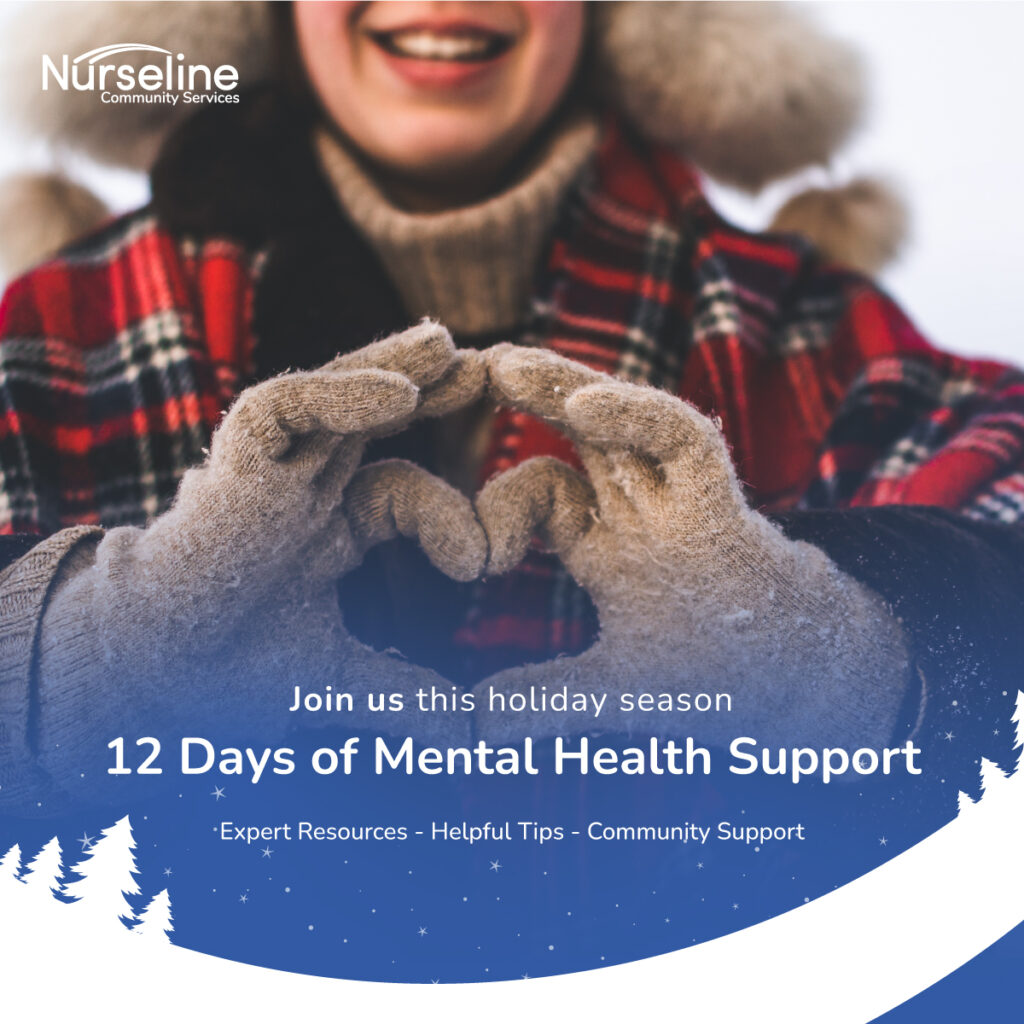Social media has become integral to our daily lives, shaping how we communicate, share information, and perceive the world around us. While it offers numerous benefits, such as staying connected with friends and family, accessing news, and finding communities of like-minded individuals, its impact on mental health cannot be overlooked.
Studies have shown that excessive use of social media can contribute to increased feelings of anxiety, depression, and isolation, particularly in younger generations.
At Nurseline Community Services, we understand the importance of protecting and nurturing mental health in all aspects of life, including our online interactions. With offices in Bristol, Birmingham, and Gloucester, we are at the forefront of mental health care, specialising in complex situations.
Contact us if you or a loved one requires support.
Understanding the Impact of Social Media on Mental Health
Social media, a cornerstone of modern communication, wields significant influence over our daily lives and mental well-being. While it offers opportunities for connectivity and engagement, it’s crucial to acknowledge the profound psychological impact it can have.
The Psychological Effects of Social Media
Social media’s impact on our psychological well-being is multifaceted. Key aspects include:
- Mood Fluctuations: Regular exposure to curated, often idealised content on social media can lead to feelings of inadequacy and sadness.
- Self-Esteem Challenges: Comparing oneself to others on these platforms can result in lowered self-esteem and negative self-perception.
- Increased Anxiety: The pressure to maintain a certain image and the constant influx of information can heighten anxiety levels.
- Social Isolation: Despite being more ‘connected,’ heavy social media use can lead to a sense of isolation and loneliness in the real world.
- Challenges with Sleep: Excessive use, especially before bedtime, can disrupt sleep patterns, impacting overall mental health.
Recognising Unhealthy Social Media Habits
Identifying unhealthy social media habits is key to maintaining a healthy digital lifestyle. These signs include:
- Excessive Time Spent Online: Spending a disproportionate amount of time on social media, often at the expense of real-life interactions.
- Neglect of Daily Responsibilities: Allowing social media to interfere with work, studies, or personal tasks.
- Mood Dependency on Online Interactions: Experiencing mood swings based on likes, comments, or online validations.
- Withdrawal from Physical Activities: Preferring online interactions over physical, real-world activities and social gatherings.
- Impact on Sleep: Using social media late into the night leads to sleep deprivation and irregular sleep patterns.
- Feelings of Envy or Resentment: Regularly feeling negative emotions after social media use, such as envy, resentment, or a sense of inadequacy.
Strategies for Mindful Social Media Use
In the pursuit of a healthier relationship with social media, it is vital to adopt strategies that foster mindfulness and intentionality in our digital interactions.
At Nurseline Community Services, we advocate for a balanced approach to social media use, one that acknowledges its benefits while also safeguarding mental health. This involves cultivating habits that encourage conscious engagement, rather than passive scrolling, and making choices that align with our mental well-being.
[Are you ready to transform your mental health? Explore our free resources specifically curated for your well-being journey.]
Setting Healthy Boundaries
Establishing boundaries is a cornerstone of mindful social media use. Consider implementing the following tips:
- Limit Usage Time: Set specific time limits for daily social media use to avoid excessive scrolling.
- Scheduled Breaks: Regularly schedule breaks from social media, including day-long detoxes or specific ‘no social media’ periods during the day.
- Notification Management: Turn off non-essential notifications to reduce constant digital interruptions.
- Purposeful Engagement: Use social media for specific purposes, such as connecting with friends or learning, rather than aimlessly browsing.
- Mindful Morning Routine: Avoid starting the day with social media; instead, allocate the first hour of your day to more grounding activities.
Curating a Positive Social Media Environment
The content we consume significantly impacts our mental state. Mindful curation of your social feed can lead to a more positive experience:
- Follow Inspiring Accounts: Follow accounts that motivate, educate, and uplift your spirits.
- Diverse Perspectives: Include a range of voices and viewpoints to encourage a broader, more balanced worldview.
- Unfollow or Mute Negativity: Don’t hesitate to unfollow, mute, or block accounts that consistently contribute to negative feelings.
- Engage in Positive Interactions: Participate in constructive and supportive conversations, avoiding hostile or divisive discourse.
- Content Quality over Quantity: Prioritise accounts that offer quality content over those that post frequently but add little value.
Leveraging Social Media for Mental Health Awareness
Social media, often criticised for its impact on mental well-being, can also be a powerful ally in promoting mental health awareness and positivity. By harnessing these platforms, individuals and organisations alike can play a pivotal role in breaking down the stigma surrounding mental health, offering support, and spreading vital information.
Sharing personal stories and experiences on social media can have a profound impact. These narratives provide comfort and understanding to people experiencing challenges silently, showing them they are not alone in their journey.
Participating in awareness campaigns and collaborating with mental health professionals extends the reach and efficacy of these efforts. Engaging with campaigns, using specific hashtags, and creating relevant content can amplify the message of mental wellness.
Ultimately, the goal is to foster a digital environment where mental health is openly discussed, support is readily available, and misinformation is actively challenged. Through thoughtful and responsible use of social media, we can contribute to a more informed, empathetic society where mental well-being is prioritised and destigmatised.





